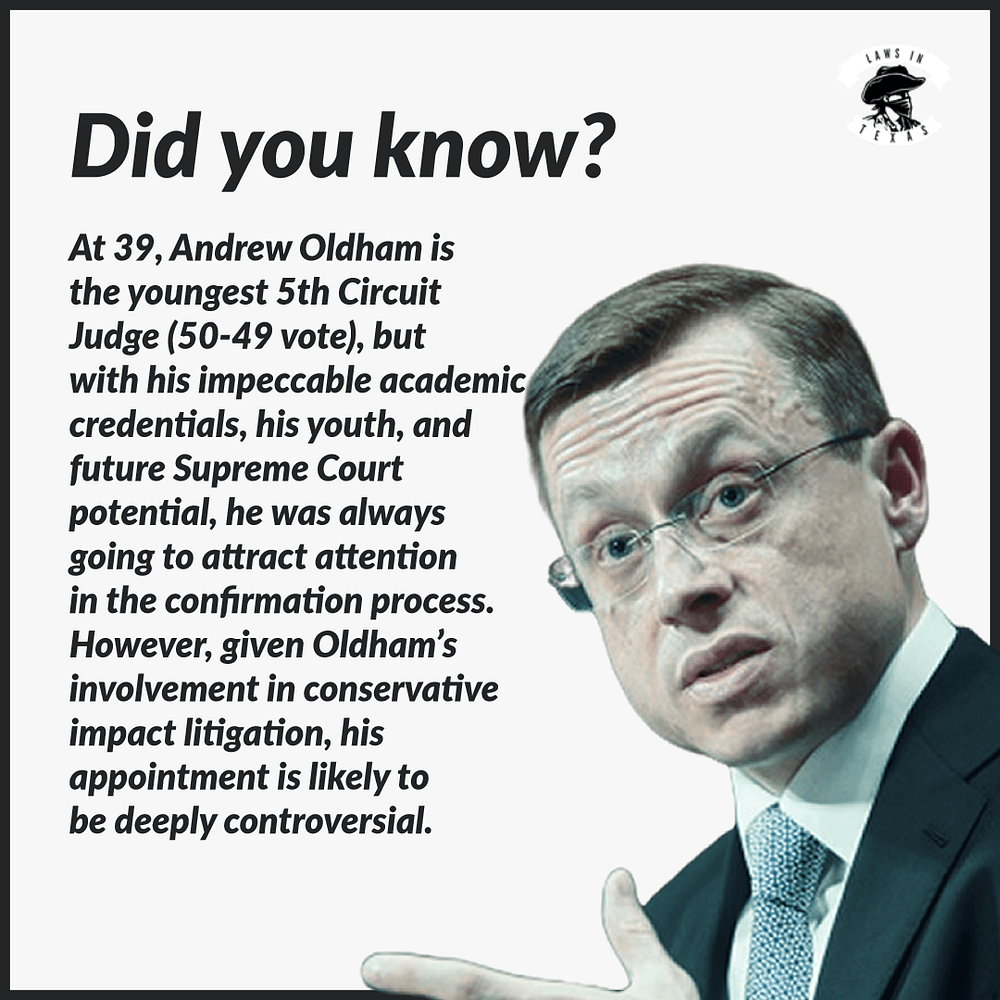

FairPay Solutions, 655 F.3d 358 (5th Cir. The Court found CAFA jurisdiction in Opelousas General Hospital v.The Court went on to state that “a class arbitration is not a class action,” and that as a result, a prior arbitration did not implicate the requirement of the exception that no other class action have been filed against a defendant in the previous three years. In this challenge to discounts made by a PPO program, the Court concluded that adding a claims administrator as a new party did not change the fact that ”significant relief” was still sought from the in-state entity that operated the PPO network, thus satisfying that element of the local controversy exception. The opinion reminds that “he parties moving for remand bear the burden of proof that they fall within an exception to CAFA jurisdiction.” 657 F.3d 287 (5th Cir. Homeland Insurance, the Court affirmed the denial of a motion to remand, concluding that the “local controversy” exception to CAFA jurisdiction was satisfied. After review of CAFA’s language and structure, that Court concluded that an action brought on behalf of consumers by a state was not a “mass action” that could allow removal, since it has only one plaintiff, and the claims of the relevant consumers cannot be counted without “unwieldy inquiries.” The Supreme Court characterized the “mass action” provision of CAFA as a “backstop” to prevent the repackaging of a class action. AU Optronics Corp., 701 F.3d 696 (2012), but the Supreme Court reversed 9-0 on January 14, 2014. The Fifth Circuit concluded that a consumer suit brought by the Mississippi Attorney General was a “mass action” in State of Mississippi v. The first is the definition of a “mass action,” which like a class action can justify federal diversity jurisdiction the second is the scope of the “local controversy” exception to CAFA jurisdiction, a kind of abstention that applies if several statutory requirements are satisfied. The Fifth Circuit’s recent opinions about CAFA jurisdiction have focused on two main issues.


 0 kommentar(er)
0 kommentar(er)
